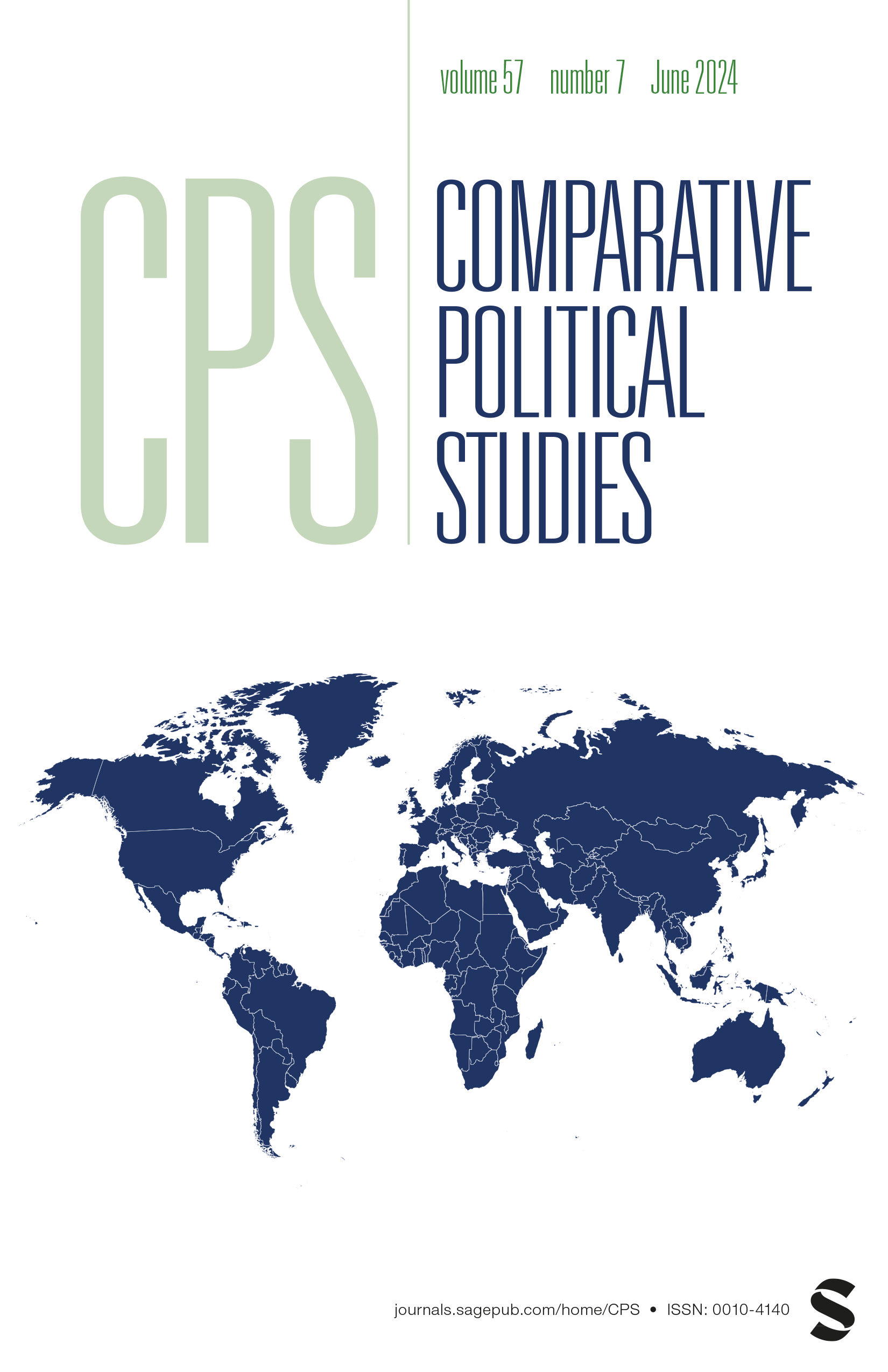决策者的堕胎偏好:了解性别与财富的交集
IF 4.2
1区 社会学
Q1 POLITICAL SCIENCE
引用次数: 0
摘要
政治家何时愿意放宽堕胎法?虽然限制合法堕胎影响着全球数百万妇女,但人们对影响制定或维护此类限制性法律的政治家观点的因素了解相对较少。本研究探讨了活动家在说服政治家改革堕胎法时通常采用的公共卫生框架的影响。我们提供的证据表明,政治家对堕胎改革的偏好是由性别和财富的交叉影响形成的。通过对赞比亚 600 多名政治家进行的调查实验,我们发现,只有来自较不富裕背景的女性政治家才更有可能在接触到公共健康框架后支持政策自由化。这些发现强调了经济不平等如何影响妇女利益的实质性代表,并为进一步研究框架策略在其他发展中国家的使用提供了基础。本文章由计算机程序翻译,如有差异,请以英文原文为准。
Policymakers’ Abortion Preferences: Understanding the Intersection of Gender and Wealth
When are politicians willing to liberalize abortion laws? While restricted access to legal abor- tion affects millions of women around the world, there is relatively little understanding of the factors shaping the views of politicians who craft or uphold such restrictive laws. This study examines the impact of a public health framing commonly employed by activists to persuade politicians to reform abortion laws. We provide evidence that politicians’ preferences toward abortion reforms are shaped by the intersection of gender and wealth. Drawing on a survey experiment conducted among more than 600 politicians in Zambia, we show that only women politicians from less wealthy backgrounds are more likely to support policy liberalization after being exposed to a public health framing. These findings underscore how economic inequal- ities can affect the substantive representation of women’s interests and provide a baseline for further research on the use of framing strategies in other developing country contexts.
求助全文
通过发布文献求助,成功后即可免费获取论文全文。
去求助
来源期刊

Comparative Political Studies
POLITICAL SCIENCE-
CiteScore
8.40
自引率
4.00%
发文量
69
期刊介绍:
Comparative Political Studies is a journal of social and political science which publishes scholarly work on comparative politics at both the cross-national and intra-national levels. We are particularly interested in articles which have an innovative theoretical argument and are based on sound and original empirical research. We also encourage submissions about comparative methodology, particularly when methodological arguments are closely linked with substantive issues in the field.
 求助内容:
求助内容: 应助结果提醒方式:
应助结果提醒方式:


